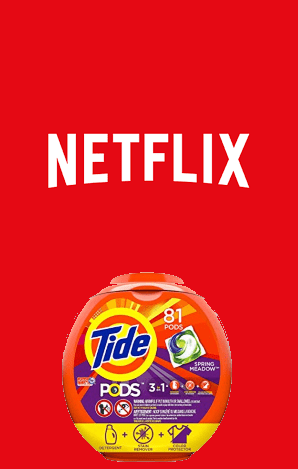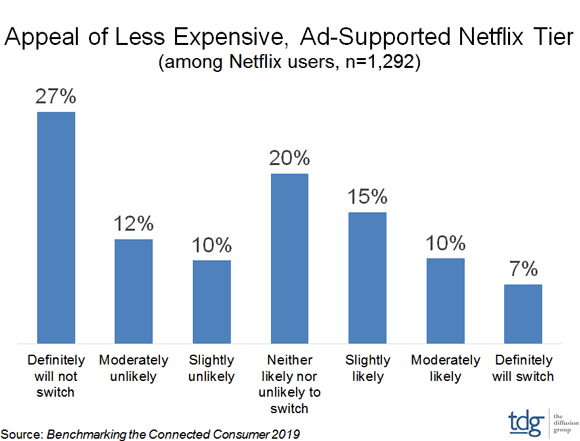 AT&T is facing a last hour showdown with CBS owned and operated local TV stations in 17 major U.S. cities over a new retransmission consent contract that could mean the third major station blackout for customers of DirecTV, DirecTV Now, and AT&T U-verse. Streaming customers would also lose access to on-demand content. In addition, CBS-owned CW television stations would be dropped from all three AT&T-owned services.
AT&T is facing a last hour showdown with CBS owned and operated local TV stations in 17 major U.S. cities over a new retransmission consent contract that could mean the third major station blackout for customers of DirecTV, DirecTV Now, and AT&T U-verse. Streaming customers would also lose access to on-demand content. In addition, CBS-owned CW television stations would be dropped from all three AT&T-owned services.
AT&T’s contract with CBS affiliates in Atlanta, Baltimore, Boston, Chicago, Dallas, Denver, Detroit, Los Angeles, Miami, Minneapolis, New York, Philadelphia, Pittsburgh, Sacramento, San Francisco, Seattle, and Tampa expires at 11pm PDT on Friday, July 19. At the moment, the two parties are reportedly far apart in negotiations, with AT&T complaining CBS is proposing “unfair terms” for a contract renewal.
CBS claims AT&T is offering below-market pricing for a contract renewal, noting that other cable, telephone, and satellite providers readily agreed to pay higher prices to continue carrying CBS’ major market affiliates.
 AT&T has already left customers blacked out from nearly 150 local stations owned by Nexstar and several smaller owners — some effectively front groups for Sinclair Broadcasting — with no end in sight. Both sides are taking heat from public officials and members of Congress upset with the loss of one or more local stations, and the latest blackout of CBS stations could result in even greater scrutiny of AT&T and station owners.
AT&T has already left customers blacked out from nearly 150 local stations owned by Nexstar and several smaller owners — some effectively front groups for Sinclair Broadcasting — with no end in sight. Both sides are taking heat from public officials and members of Congress upset with the loss of one or more local stations, and the latest blackout of CBS stations could result in even greater scrutiny of AT&T and station owners.
AT&T issued a statement warning customers to be ready for the blackout by this weekend, and complained CBS was negotiating in public.
“We’re disappointed to see CBS put our customers into the middle of negotiations,” AT&T said in a statement. “AT&T is on the side of customer choice and value and wants to keep the local CBS stations in affected cities in our customers’ lineups. Our goal is always to deliver the content our customers want at a value that also makes sense to them. We continue to fight hard for that here and appreciate our customers’ patience while we work this out with CBS.”


 Subscribe
Subscribe

 The New York Public Service Commission on Thursday approved its final settlement proposal with Charter Communications in a 3-1 vote, allowing Spectrum to continue as the dominant cable operator in New York State.
The New York Public Service Commission on Thursday approved its final settlement proposal with Charter Communications in a 3-1 vote, allowing Spectrum to continue as the dominant cable operator in New York State.
 But critics contend the FCC’s decision to disallow required shared use of wiring will likely deter new competitors from entering existing buildings, because of the cost of installing redundant wiring. Others object to the FCC regulating the use of wiring owned and installed independently by building owners, not telecom companies. FCC Commissioner Jessica Rosenworcel, a Democrat who voted against the pre-emption, was unimpressed.
But critics contend the FCC’s decision to disallow required shared use of wiring will likely deter new competitors from entering existing buildings, because of the cost of installing redundant wiring. Others object to the FCC regulating the use of wiring owned and installed independently by building owners, not telecom companies. FCC Commissioner Jessica Rosenworcel, a Democrat who voted against the pre-emption, was unimpressed.


